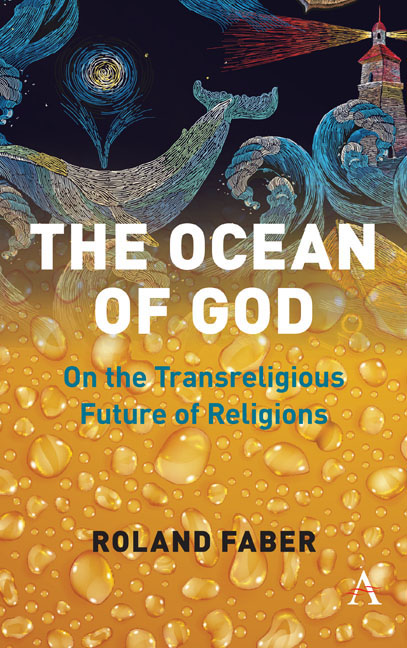Book contents
- Frontmatter
- Dedication
- Contents
- Introduction
- Part I Paradigms of Unity and Plurality
- Chapter One Unity or Plurality of Religions?
- Chapter Two The Healing and Poisonous Fruits of the Unity of Religions
- Chapter Three The Synthesis and Aporia of Religious Pluralism
- Chapter Four The Promise of Mysticism
- Chapter Five Polyphilic Pluralism
- Part II Negotiations of Multiplicity
- Part III Transreligious Horizons
- Glossary
- References
- Index
Chapter Two - The Healing and Poisonous Fruits of the Unity of Religions
from Part I - Paradigms of Unity and Plurality
Published online by Cambridge University Press: 09 July 2019
- Frontmatter
- Dedication
- Contents
- Introduction
- Part I Paradigms of Unity and Plurality
- Chapter One Unity or Plurality of Religions?
- Chapter Two The Healing and Poisonous Fruits of the Unity of Religions
- Chapter Three The Synthesis and Aporia of Religious Pluralism
- Chapter Four The Promise of Mysticism
- Chapter Five Polyphilic Pluralism
- Part II Negotiations of Multiplicity
- Part III Transreligious Horizons
- Glossary
- References
- Index
Summary
Be as one spirit, one soul, leaves of one tree, flowers of one garden, waves of one ocean.
— ‘Abdu'l-BaháUnity is the keyword of the Bahá’í story. Yet what is the meaning of “unity” in the phrase “unity of religions”? In Bahá’í thought and in the reflection on its sources, the vast sea of Bahá’í scriptures, scholars have found several meanings implied in the proposition of “unity.” In summary, one can detect three pervasive motifs. One motif arises from the conviction of scriptural Bahá’í literatures right away, namely, that all religions are emanating from the same divine or ultimate source. They are manifestations, revelations, selfcommunications of Reality itself, of the apophatic Beyond that is undefined, but mirrors its Self in the multiplicity of revelations constituting the essence of diverse religions— as this self-manifesting process of Reality is also the mirroring of its infinity in an infinity of things, events, organisms, societies and universes, emanating from this source as its creation. This motif is, of course, no stranger to many traditions, insofar as they understand themselves constituted not only by human impulses, but also by an active presence of God or ultimate Reality itself. What is new and exciting, here, is that the mirror of divine self-manifestation is not exclusively contained in one occurrence or a restricted chain of occurrences (of revelations and religions), but fundamentally distributed as through a prism into a multiplicity of appearances (of revelations and religions). This resonates with the assumption that, although apophatically transcendent, this source is immediately connected with the diversity of world phenomena and not in need of symbolic walls securing its unity from dissipation into the infinite variability of the world. While both the infinite variability of phenomena as divine mirrors and the direct immanence of the One in the many was not unknown to earlier traditions— for instance, in eastern monisms such as Advaita and Dharmic nondualism and western theological speculations on the decentered universe as in Nikolas of Cusa— the “emanation” into diverse religions with equally valid truth claims was often not understood as an immediate implication of this metaphysical and cosmological trajectory.
- Type
- Chapter
- Information
- The Ocean of GodOn the Transreligious Future of Religions, pp. 21 - 28Publisher: Anthem PressPrint publication year: 2019



